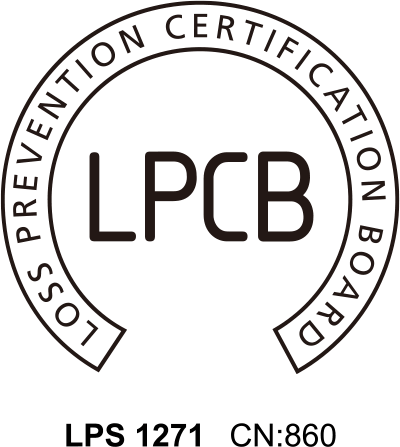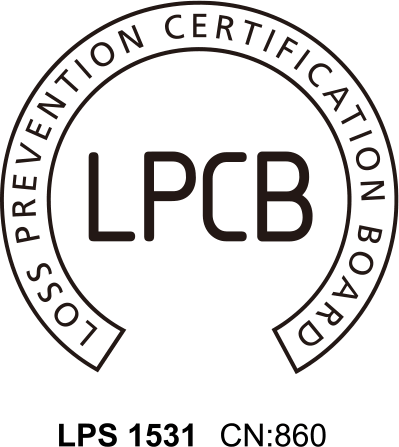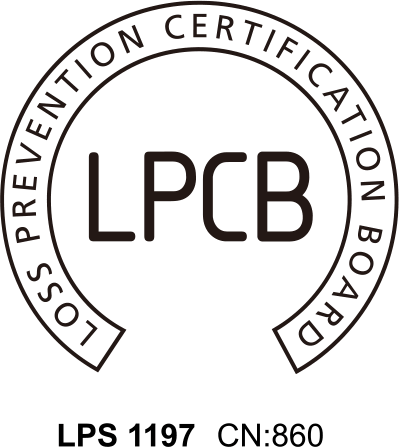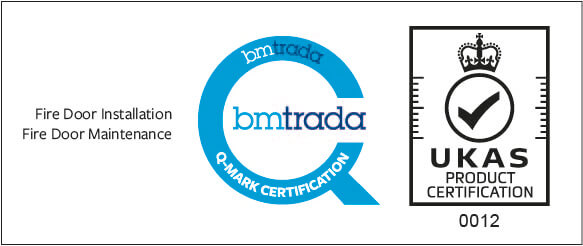Workplace Fires: The Importance of Staying Aware
Checkmate Fire are dedicated to helping businesses and public sector organisations safeguard their customers and staff through the implementation of life-saving fire-stopping solutions. This involves not only completing essential installation and remediation works, but also educating property owners on why passive fire protection is not simply a legal requirement, but also an investment in the future of their business.

It is easy to become complacent regarding fire safety, and the possibility of a fire in the workplace – as many people and organisations underestimate just how common an occurrence they are.
Statistics released by the Home Office show that Fire and Rescue services in England attended 15,577 ‘primary fires’ in non-dwelling buildings during the 2017 / 2018 reporting period – equivalent to 300 fires per week. These incidents resulted in 20 fatalities and 994 non-fatal casualties, an increase of 11.5% on the previous year.
The figures also highlight the possibility of a fire starting in any type of building. Hospitals suffered 579 fires, while there were 682 in education premises, 670 in hotels and 1,706 in shops, alongside 2,039 at industrial properties.
In over 2,200 incidents, the whole building suffered flame or heat damage. However in the majority of cases, the damage was limited to the room or floor in which the fire first started. In many cases, the reasons for this will include the use of effective passive fire protection solutions in the property, such as fire doors and fire-rated glazing, floors and walls of fire-resistant construction, cavity barriers in roof voids and fire stopping to services that penetrate through these dividing elements.
Having suitable and well maintained passive fire protection measures in place will create fire compartments that contain flames and smoke (for up to 2 hours depending on the specification) and limit heat transfer in the event of a fire. Preventing the spread of fire and smoke will maintain the integrity of fire escape routes and provide enough time to execute your building’s evacuation plan.
Effective compartmentation will also limit the amount of damage caused to your property, which could be of significant benefit to your organisation as it deals with the consequences of a blaze. Extensive fire damage can have a significant impact on insurance premiums, how long it takes you to return to normal day-to-day operations, your ability to retain customers while your services are disrupted and perhaps even the survival of your business.
Investing in effective passive fire protection will help to minimise the damage to your building by preventing the spread of fire without the need for suppression systems (which can cause water damage when deployed). Checkmate’s specialist teams have seen incidents of intense fires that were effectively contained in the original room by our protection measures, allowing our customers to quickly return to normal and preventing them from suffering significant financial loss.
For an initial discussion about your passive fire protection strategy or to request a quote for an inspection, please contact us via the website or on 01422 376436.





















